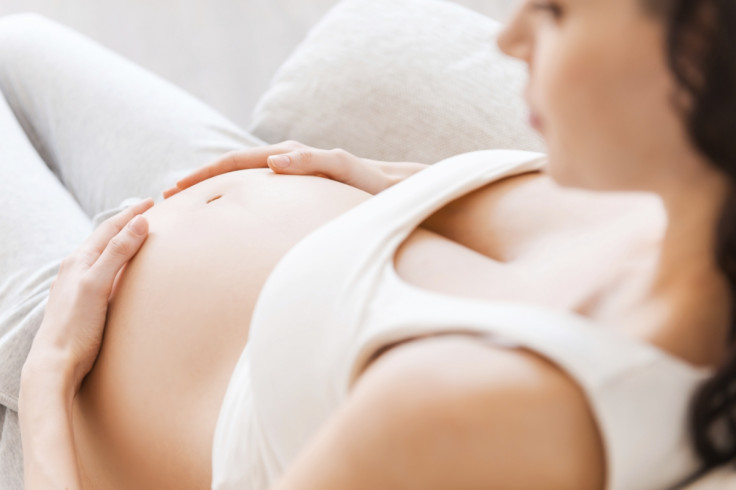What's the main reason women delay pregnancy? Hint – it's not education
Education enrolment only accounts for a small part of why women have their first babies later.

Achieving higher education may not be the main reason why women in the UK delay pregnancy, demographers have discovered. Family background appears particularly relevant to explain the link between the age women first give birth and their level of education.
Since the end of the Second World War, the average age of first-time mothers has increased both in Europe and the US. In England and Wales, it now stands at 30.3 years old, according to the latest data released by the Office for National Statistics.
In parallel, the number of years that women spend in school and university has also increased. A number of studies have suggested that there is a causal link between this and their postponement of pregnancy. However, the research published in the journal Demography, now suggests that the effects of education may not be as large as expected.
With an innovative study design, looking both at education enrolment and fertility trends in the general population as well as female identical twins, they attempt to untangle the effects of genes, family background and education on fertility behaviours.
"Together with mortality and migration, fertility is a crucial factor to understand what shapes our social structure and how a society is going to fare in the future. Age at first birth is the main determinant of how many children women have, and so it is very important for demographers to understand what influences it and if education enrolment is involved, how significant a part it plays", study author Felix Tropf, from the University of Oxford, told IBTimes UK.
Extra year in school, six months older mothers
The researchers analysed the fertility histories of 2,752 identical female twins from a large twin register set up in 1992 in the UK. This approach is interesting because twins share genes and similar family backgrounds, so this isolates the effects of potentially different levels of education.
Analysing the data, the scientists estimated that for every extra year of educational enrolment after the age of 12, a woman delayed motherhood by an average half a year. However, their model also suggests that family background – from socio-economic environment to genes – better explained why women delayed pregnancy. Education alone is estimated to contribute to only 1.5 months of the total six-month delay.
The scientists also used nationally representative data from the Office of National Statistics for cohorts of women born in the UK between 1944 and 1967 to identify trends of education enrolment and reproductive behaviours in the general population. Similar patterns were observed.
Comparing different birth cohorts, the team found that women born in the 1960s postponed motherhood by around 2.7 years, on average, compared with women born at the end of the Second World War. Yet, longer time in education only accounted for 6% of this delay.
Now, the researchers want to use their innovative method – combining twin research with nationally representative data – influence of peers.
"We will also conduct other studies which will include genetic material in demographic and fertility research. This way, we want to look at family background in greater depths and how it influences fertility postponement", Tropf said.
© Copyright IBTimes 2025. All rights reserved.






















